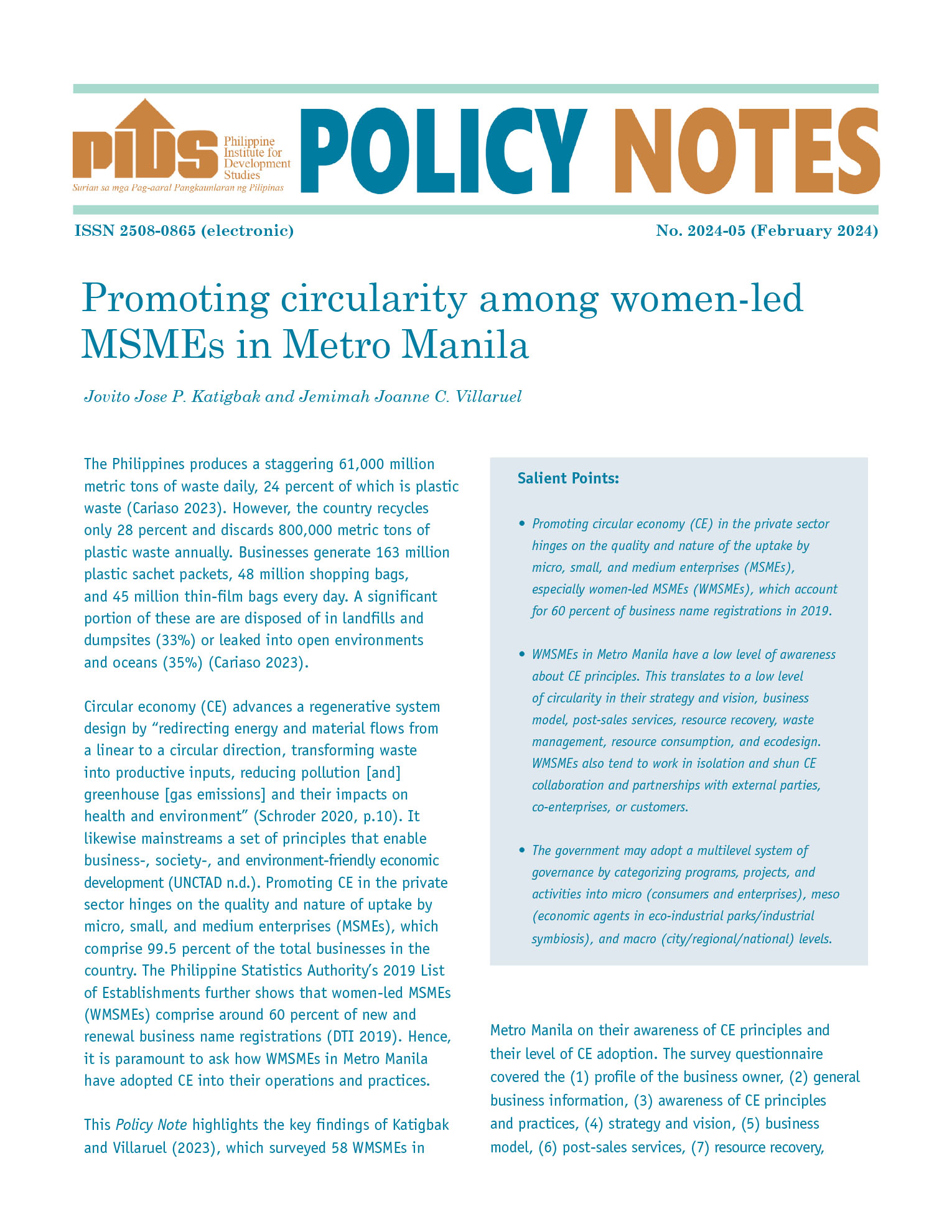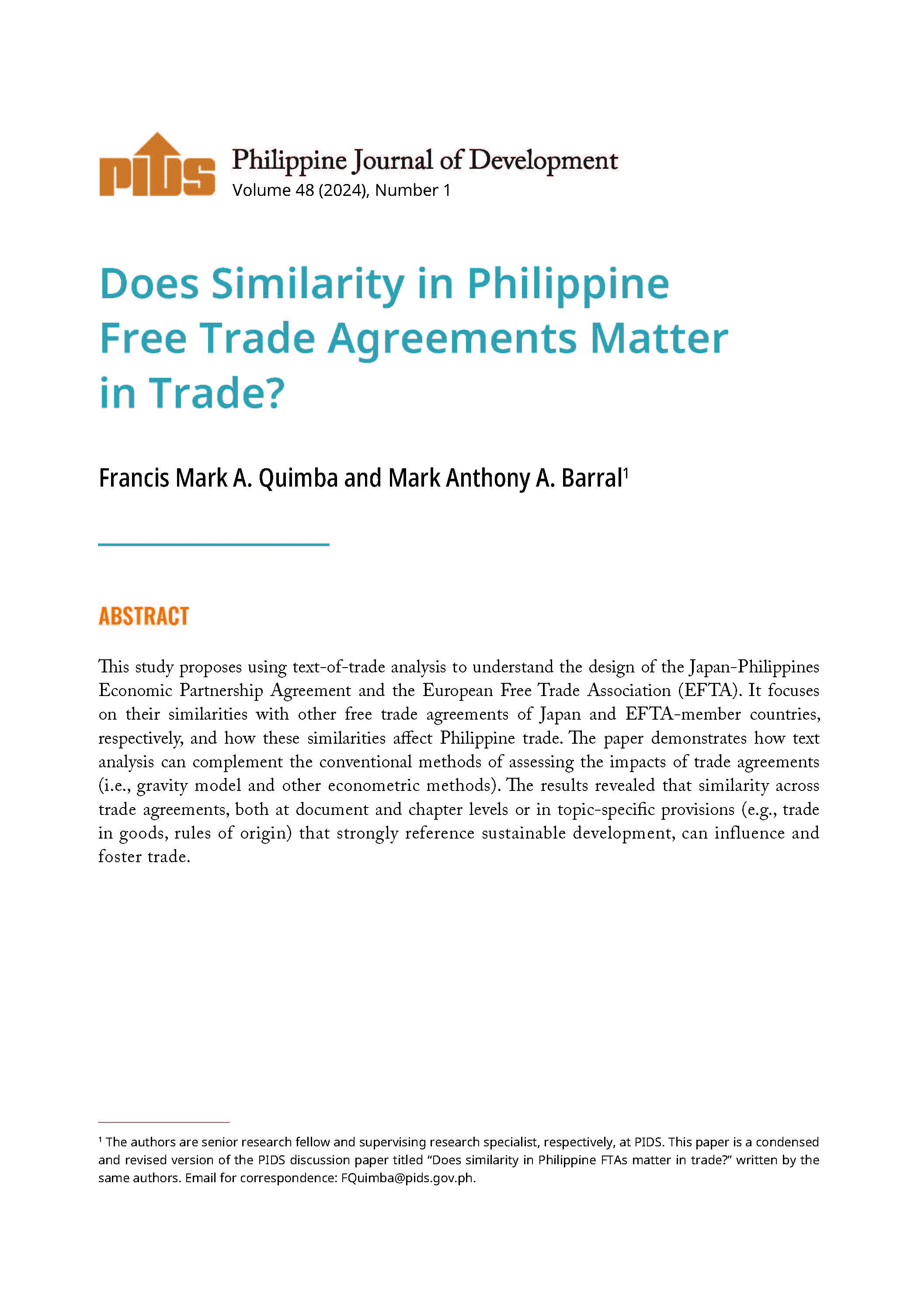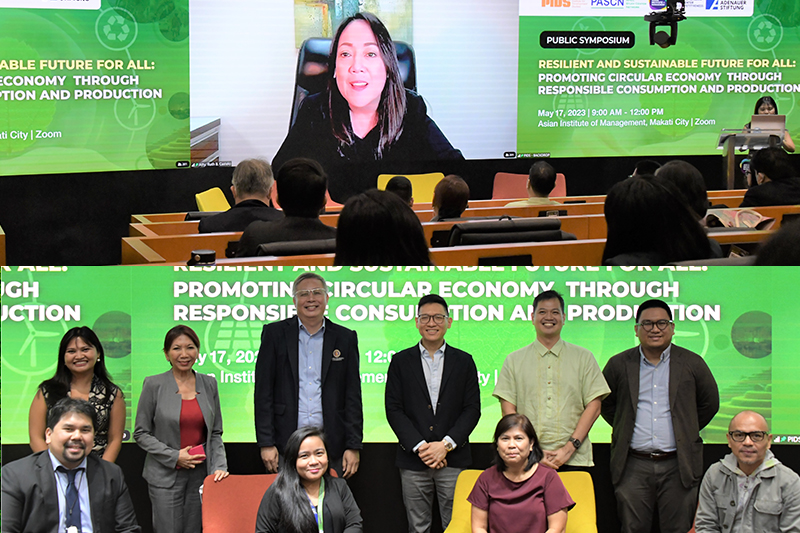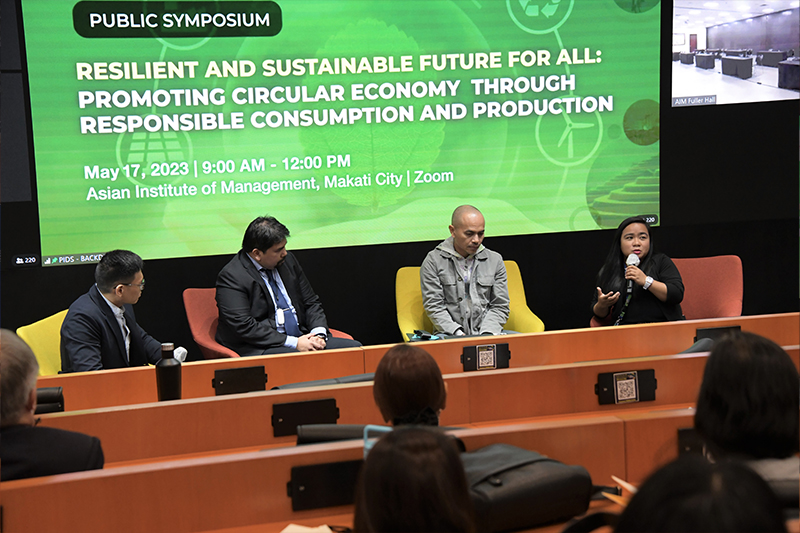MANILA, Philippines — The National Economic and Development Authority (NEDA) has joined calls for the ratification of the Regional Comprehensive Economic Partnership (RCEP) agreement this week.
“We hope the Senate will urgently ratify the RCEP this week, given its urgency and large benefits to the country,” NEDA chief Karl Chua said in a statement yesterday.
Amid concerns raised by the agriculture sector on the RCEP, Chua, along with Trade Secretary Ramon Lopez and other officials from NEDA, Department of Trade and Industry and the Department of Agriculture had a dialogue with members of the Samahang Industriya ng Agrikultura last Wednesday to listen to the group’s views and to explain the benefits of the trade deal.
For the NEDA, the agricultural sector can further improve if parallel efforts are undertaken to fix structural issues of the sector and the country joins the RCEP.
On concerns raised by the sector on importation, Chua gave assurance that bringing in products from other countries is a temporary measure as the country works on improving agricultural productivity.
While the country’s population has grown to 110 million at present from just 46 million in 1978, he said the land area is not going to increase.
He acknowledged other problems in the agriculture sector that require urgent solutions and noted these can be addressed while participating in the RCEP.
“The best farmers who can mechanize, improve their productivity and consolidate land operation win and become more productive. However, the trade deficit is a real problem, it means we are not competitive. The solution there is not to stop RCEP but to address the root causes of the inefficiency of the agriculture sector,” Chua said.
He also said the issue is not about funding, but on how best to allocate resources for improved productivity in the agricultural sector.
“Even if we have funds for the sector, if we misuse it or don’t allocate it properly, or if we put it in production inputs only and not support services or mechanization or high-yielding seeds, we can spend the same amount and achieve little results. Our support to agriculture will have to change from providing subsidies, which is what we have done for decades, to providing public goods and support services. That is really how I think we can improve productivity,” he added.
RCEP, which was signed by Association of Southeast Asian Nations members along with trade partners China, Japan, South Korea, Australia and New Zealand, covers about 50.4 percent of the Philippines’ export markets and 67.3 percent of the country’s import sources.
By joining the trade deal, 98.1 percent of tariff lines, which corresponds to 228 commodities or $16.9 billion of imports, would be preserved.
Meanwhile, only 15 agricultural commodities representing 33 tariff lines will have reduced tariff rates, accounting for only 1.9 percent of total tariff lines and $132 million dollars or 0.8 percent of total agricultural imports.
According to the Philippine Institute for Development Studies, participating in the RCEP is expected to provide a 10.47 percent increase in the country’s exports and a 2.02 percent increase in real gross domestic product.
Chua cited the Rice Tariffication law, which works not only for farmers but for all consumers.
In particular, he alleged that farmers gain full benefits from the law through higher yields, while consumers benefit through lower rice prices.
As the economic team has pushed for the passage of laws easing restrictions on foreign investments such as amendments to the Retail Trade Liberalization Act, Public Service Act and Foreign Investments Act, he said the country cannot reap the full benefits of these reforms if it would opt out of RCEP.
“By not joining RCEP, we lose out on so many other opportunities. Today, countries are looking for the next best source of agricultural and non-agricultural products because of the Russia-Ukraine conflict. Time is of the essence, and we do not have time to waste,” he said.
Earlier, Lopez and the Joint Foreign Chambers have urged the Senate to approve the RCEP.
President-elect Ferdinand Marcos Jr., however, has cited the need to review the RCEP’s impact on the agricultural sector to make sure it would not be at a disadvantage.
The RCEP was ratified by President Duterte in September last year, but Senate concurrence is still needed before any trade agreement would be valid and effective underthe Constitution.








